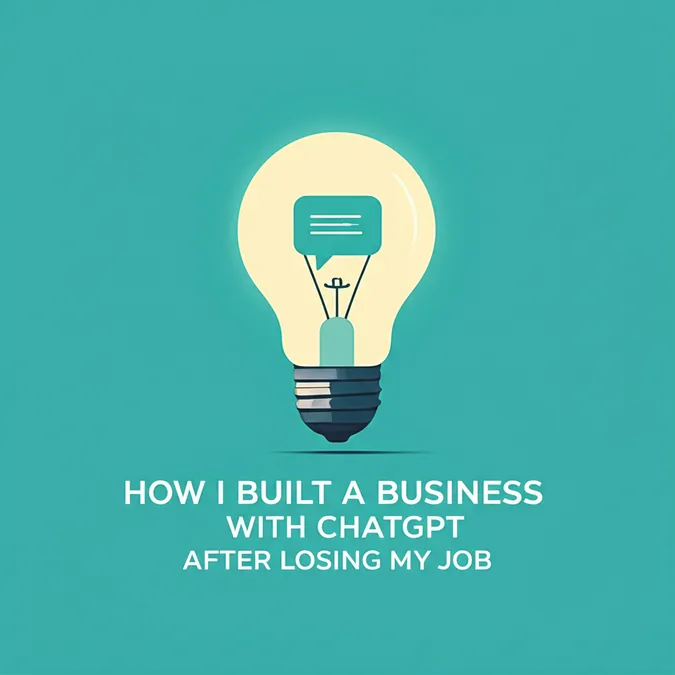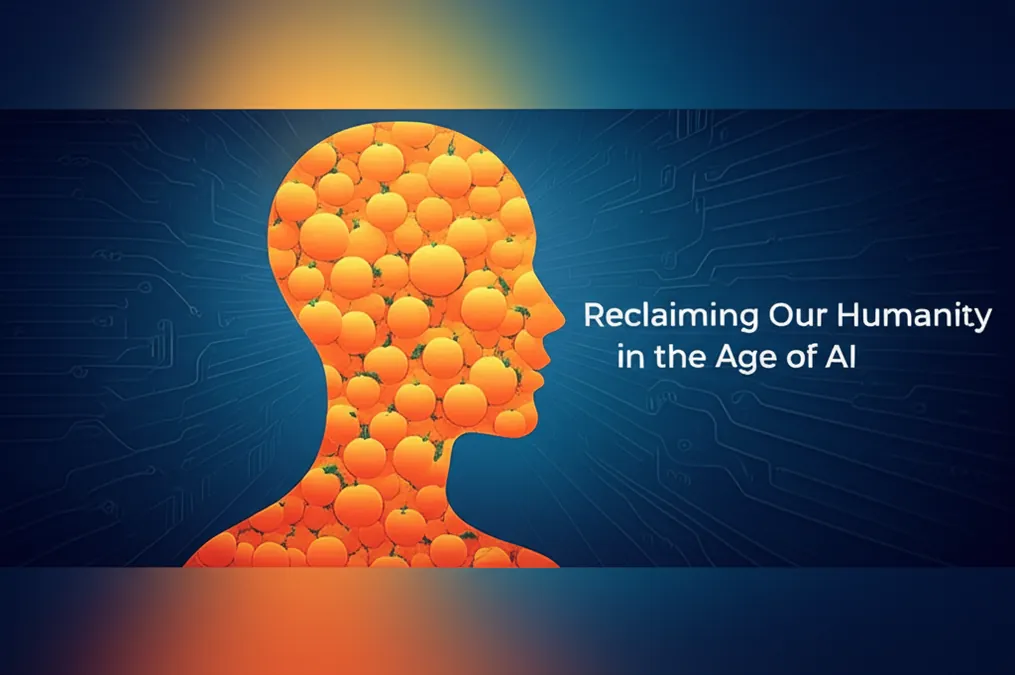Developer Offer
Try ImaginePro API with 50 Free Credits
Build and ship AI-powered visuals with Midjourney, Flux, and more — free credits refresh every month.
AI Reshapes Graduate Careers in The UAE

The Global AI Challenge vs UAEs Booming Job Market
While the market for entry-level jobs and junior roles is growing strong in the UAE, young graduates across the globe are facing new hurdles in securing employment, largely due to the rise of ChatGPT and other generative AI solutions.
Data reveals a fascinating contrast. A study from the job search website Adzuna reported that entry-level vacancies have dropped by about a third since the launch of ChatGPT in November 2022. This global trend shows AI automating basic jobs, pushing young graduates to urgently upskill and advance their knowledge. Tasks once performed by junior staff, like paralegals or customer service agents, are now often done by AI in a fraction of the time.
However, the UAE is telling a different story. According to LinkedIn’s Economic Graph data for April 2025, entry-level hiring in the country has surged by an impressive 70 per cent. This growth significantly outpaces the nation's overall hiring rate and stands in stark opposition to the declines seen across Europe, the Middle East, Africa, and Latin America, suggesting a deliberate investment in career starters.

Experts Weigh In on The Future of Entry Level Work
Najat Abdalhadi, a career expert at LinkedIn, noted the global pressure, stating, “Globally, the unemployment rate for recent college graduates has risen by 30 per cent since late 2022, compared to an 18 per cent increase for the general workforce. Yet the UAE’s proactive labour policies and commitment to workforce development appear to be cushioning these effects.”
She adds that the UAE has a unique opportunity to lead. “The challenge now is to ensure that this momentum translates into building the sustainable human skills that the world of work will always need, such as creative thinking, strategic problem-solving, and cross-functional collaboration. In doing so, the UAE could become a model for how to navigate AI disruption without sidelining the next generation of talent.”
Mayank Patel, Senior Vice-President at Adecco, agrees that while AI tools have transformed jobs globally, the UAE’s landscape remains promising. “Thanks to economic diversification, large-scale construction, and growth in sectors like logistics, hospitality, and retail, entry-level roles in operational and service domains have remained resilient. Roles such as warehouse assistants, receptionists, and sales executives continue to grow in demand,” Patel said.

From Automation to Augmentation The Evolution of Junior Roles
The narrative isn't just about job replacement but job evolution. “We are also witnessing the evolution rather than the elimination of many support roles. Tasks traditionally done manually are now being augmented with AI tools, allowing workers to upskill and focus on more strategic activities,” Patel added.
Najat Abdalhadi points out that foundational tasks like basic coding, document review, and initial customer service interactions are increasingly automated. This trend raises valid questions about career progression for new graduates, especially when data shows that a vast majority of skills in roles like software engineering could eventually be replicated by AI.
Upskilling and Adaptability The New Career Essentials
Mayank Patel clarifies that this represents a moderate shift, not a decline, in how early career opportunities are structured. “Traditional entry pathways like graduate programmes and internships are being reimagined to align with new skill demands, especially digital literacy and adaptability,” he said.
He highlighted that many UAE employers are investing in programs to equip junior talent with future-ready skills in AI, data analysis, and hybrid work. This focus on upskilling and reskilling is creating pathways for young talent, with an emphasis on capability over credentials through microlearning and vocational training.
According to Adecco's senior vice-president, the rise of generative AI has most directly impacted white-collar, content-heavy roles like customer support, content writing, and data entry. However, the key takeaway is that AI is automating the repetitive aspects of these jobs, not eliminating them. This shift allows professionals to concentrate on tasks requiring human judgment, creativity, and interaction, establishing human-machine collaboration as the new norm.
Compare Plans & Pricing
Find the plan that matches your workload and unlock full access to ImaginePro.
| Plan | Price | Highlights |
|---|---|---|
| Standard | $8 / month |
|
| Premium | $20 / month |
|
Need custom terms? Talk to us to tailor credits, rate limits, or deployment options.
View All Pricing Details

